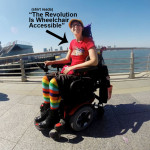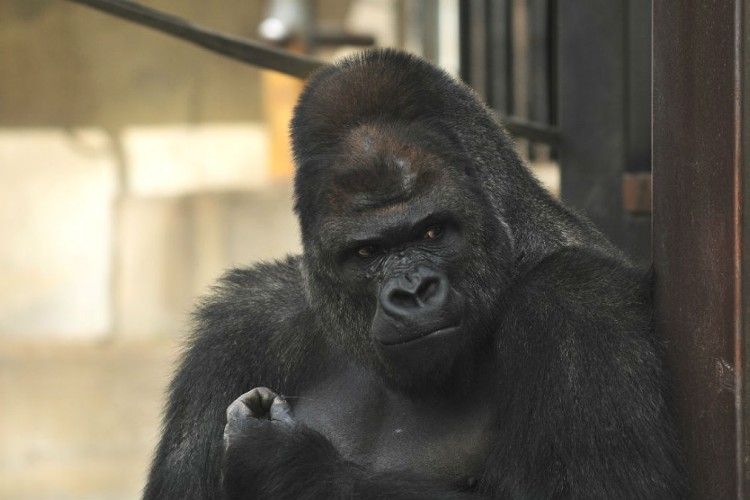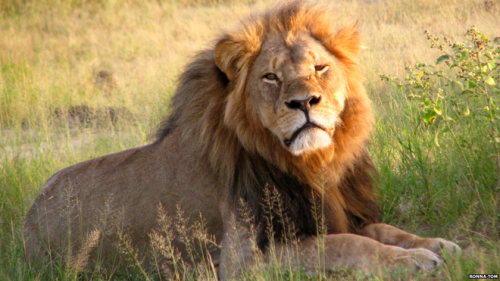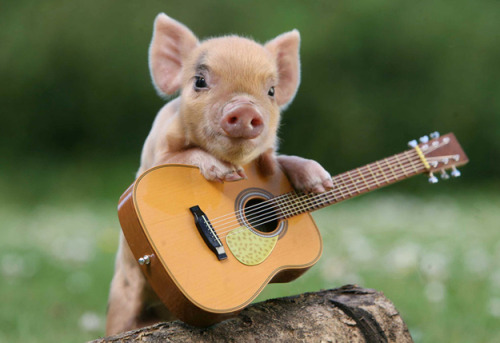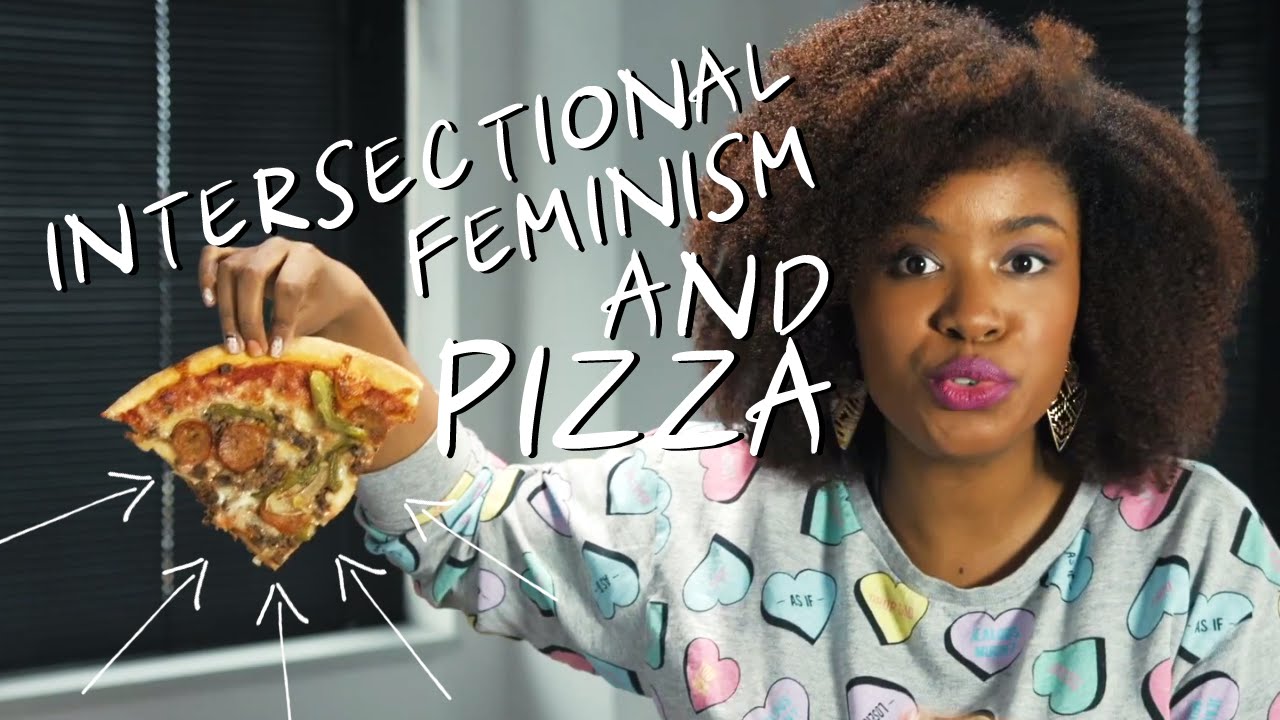
By Aph Ko
Dear Akilah,
I hesitated to write this open letter because frankly I think open letters can be corny and self-serving. However, after watching your intersectionality pizza video, I sincerely wanted to reach out to you to open up a conversation about a topic that is usually over-looked, or teased within mainstream feminist spaces: non-human animal rights. As a young black vegan feminist, I feel like I might be able to offer a different perspective on intersectionality, taking into account non-human animal bodies. I would urge you to at least consider checking out black vegan feminist literature in hopes that it might offer something new to your articulation of feminism and intersectional activism.
As a fan of your work, I must say that my goal is not to be a hyper-critical asshole because I am very much aware of how much courage goes into putting your thoughts out there, especially through digital media and vlogging. In this letter, I hope to build on what you’re saying in your intersectional video.
First of all, I thought your video was pretty clever. I am constantly in awe of feminists who diligently attempt to explain how oppression operates to people who might not have the language to completely grasp it. So, kudos to you for taking the time to even focus on intersectionality.
However, I must say that intersectionality too often has been co-opted as a tool to explain oppression to white people, instead of being a tool for minoritized people to understand their social locations and to develop methods to navigate it. So, I’m going to take a slightly different approach to intersectionality.
Trust me—I understand the connections you make in your video. My main contention is with the props and metaphors you used to bolster your thoughts about intersectionality because I think they matter immensely.
Your use of cheese pizza, sausage, and burgers [to explain intersectionality] demonstrates how difficult it can be, even when you’re a feminist, to see how ingrained oppressive hierarchies are.
My goal here is to perhaps start a necessary conversation about the bodies we include in our discussion about intersectionality, as well as the bodies that are routinely excluded [that need to be included].
Your video demonstrates that despite the fact that “intersectionality” is one of the trendiest words in our generation, our social justice movements are still largely compartmentalized, which makes it possible for really awesome anti-racist, intersectional feminists to completely disregard non-human animal rights.
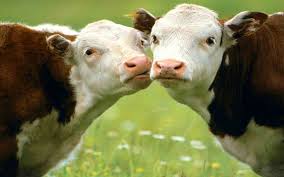
The position that non-human animals occupy in our cultural imagination is proof for how easy it is to accept the lower status of some beings without even a second thought. I would assume that this should be concerning to you, especially since feminism is all about fighting for the rights of the minoritized and powerless.
Please understand this—incorporating animal bodies into your activism isn’t a distraction from anti-racism or sexism—it’s an extension of the conversation because in reality we’re not just talking about racism or sexism, we’re talking about white supremacy and patriarchy. We’re talking about capitalism and other discriminatory systems of domination that operate off of exploitation. Therefore, although our bodies might look different, we must all come together, not to show how we’re similar, but to demonstrate how these systems negatively impact us all.
So many people shout that animal rights is a distraction from feminism and anti-racism…that animal rights “DERAILS” the conversation and to me, it sounds like people have absolutely no idea what the conversation is really about.
Dr. A. Breeze Harper [a prominent kick-ass black vegan feminist and creator of the Sistah Vegan Project] states:
“I simply cannot look at food as an ‘everyday mundane object.’ I understand the meanings applied to food as something that represents an entire culture’s ideologies around everything. For example, food can tell me a society’s expectations about sexuality, gender roles, racial hierarchies of power and ability.”
Our automatic cultural reflex to say “Well, they’re animals, who cares” demonstrates just how deep the roots of injustice run. You can look at the comment sections for some platforms that shared your video: people kept reciting the same scripts like they were on autopilot. People kept saying how they were “hungry” and wanted to go eat hamburgers and cheese pizzas. Many folks in the comments section didn’t seem to challenge themselves or even problematize their behaviors: they seemed comfortable which is generally a sign that their principles are not being challenged. As activists, we shouldn’t appeal to people’s comfort. Despite the fact that people made the connections you wanted them to make, particularly to race and gender, I thought it was a missed opportunity to politicize non-human animal bodies.

Oftentimes, when we talk about animal bodies, people get defensive because they don’t want to be “compared” to animals. [Most of us black feminists know the history of black people specifically being compared to apes and monkeys—you can think about the recent Michelle Obama incident] Again-the goal isn’t to “compare” us to non-human animals, it’s to show that the systems that rape and slaughter non-human animals benefit from the systems that exploit us.
The fact that being called an “animal” is even an insult speaks to the ways that animals-as-less-than has already been naturalized in our culture.
This is actually called speciesism. Speciesism is when humans deem themselves the most important and valuable species which allows them to give no moral consideration to other species. Because of this, humans are allowed to do whatever they want to other species Again—it’s another hierarchy socially constructed to explain away the exploitation of another group of sentient beings.
Speciesism isn’t *like* racism or sexism. I’m not here to make crappy analogies to already existing systems of oppression. It is its own brand of oppression that often intersects with systems that intimately minoritize us.
It’s unfair that certain bodies are automatically coded as “less than” and certain bodies are automatically coded as “superior.” We live in a white supremacist patriarchy where white, middle class, able-bodied men are the standard, and everyone else is less-than. Because of this unquestioned, rigged framework, many bodies exist in systems that thrive off of their oppression and exploitation. This is where feminists and social justice activists must intervene.
We can’t reproduce this same logic in our own circles, especially as feminists. To disregard the oppression of other bodies reproduces a Patricia Arquette-type of analysis.
We can’t have activists shout about intersectionality, only to get quiet when it comes to the actual connection-making part of it.
To use cheese, sausage, and hamburgers to “explain” how human oppression operates is nothing short of ironic.
Non-human animal bodies are exploited to such an extent that they are stripped of any type of subjectivity—they exist for us which makes it possible for you to disregard their structural exploitation in a video about oppression. You used meat products as de-contexualized props to talk about humans which made the analysis ironic for those of us who practice veganism and politicize the ways that non-human animal bodies are arbitrarily designated as less-than.
The problem with your video is that it didn’t make people question the structural abuse of animal bodies—or the fact that animal bodies are things for our use and consumption. If anything, your video supported the myth that non-human animal bodies are to be used for human consumption and entertainment. You inadvertently employed speciesism in a video about intersectionality which is kind of anti-intersectional.
Just replacing the meat pizza with a vegan pizza won’t do the trick either because veganism isn’t the cure-all to oppression, although it would have been an improvement. Veganism without politicization will only yield de-contexualized diets. It would have been powerful if you used a vegan product and included non-human animal bodies in your analysis.
We must actively politicize the abuse animals experience as well as the systems that benefit from it. In fact, in studying food politics, it becomes evident how all of these oppressive systems collide, and strategically impact poor folks of color. It’s no secret at this point that the meat and dairy industry in the U.S. exploits the hell out of its brown workers. [Even in some produce industries, this is a problem too which deserves its own post!] Folks of color also disproportionately live in food deserts saturated with unhealthy animal products.
We must seriously consider non-human animals in our intersectional analyses as feminists. We can’t have liberation when people “don’t care” about the exploitation of an extremely vulnerable group of beings.
When you make a video about intersectionality and oppression, and people want to eat hamburgers in response, you know they missed the point.
Sure—to your credit, your video wasn’t specifically about animal abuse. I got that—but your video was about how we can better understand the oppression of bodies that don’t look like our own and how we can build better social justice movements that can accommodate bodies that are routinely excluded from the mainstream social justice narratives.
Non-human animals *must* be a part of this conversation, but not as props to help bolster your other points about humans.
The fact that people even get upset when animals are brought up in feminist discussions is because there’s an inherent anxiety surrounding animal bodies. We don’t have a good argument for abusing animals or eating them. People generally bring up “other” cultures that can’t go vegan, or don’t have the privilege of caring about animal rights—but many of us live in a culture or geographical space where we *can* care and change our behaviors—and those are the folks that I focus on.
People are terrified to talk about non-human animal abuse because it reveals how contradictory our moral compasses are. When we don’t politicize animal suffering in our movements, we merely have people who are committed to social justice-so long as they are at the center of the analysis. This type of set-up can’t yield intersectional movements.
One of the most noticeable tenets of white feminism is the inability to understand how oppressions connect—therefore, some white feminists routinely exclude other bodies from their analyses [cue Arquette]. We shouldn’t use this as a template for our own activism.
So, overall, thank you for making a video and opening up another dialogue about the importance of intersectionality in our social justice movements, however, I would sincerely urge you to check out some material that incorporates vegan feminism. In fact, there’s a conference next week from the Sistah Vegan Project. It’s called “The Sistah Vegan Conference: The Vegan Praxis of Black Lives Matter.”
I hope we can engage in a dialogue about the different bodies we talk about when we discuss intersectionality. I would like to highlight a quote that you said in your own video:
“I think it’s time we talk about feminism a little differently/more inclusively…”
I 100% agree. Understanding intersectionality isn’t about becoming a more “perfect” activist, it’s simply about understanding oppression a little bit better which is something that I think we can all be better at, myself included.
Thanks!
~Aph
This post originally appeared on Striving with Systems on April 16, 2015.
Aph Ko is a freelance writer and creator of the web series Black Feminist Blogger. You can check out a recent interview with her here: “Creating Revolution: Interview with Aph Ko.”
 Dr. Wrenn is Lecturer of Sociology and past Director of Gender Studies (2016-2018) with Monmouth University. She received her Ph.D. in Sociology with Colorado State University in 2016. She received her M.S. in Sociology in 2008 and her B.A. in Political Science in 2005, both from Virginia Tech. She was awarded Exemplary Diversity Scholar, 2016 by the University of Michigan’s National Center for Institutional Diversity. She served as council member with the American Sociological Association’s Animals & Society section (2013-2016) and was elected Chair in 2018. She serves as Book Review Editor to Society & Animals and has contributed to the Human-Animal Studies Images and Cinema blogs for the Animals and Society Institute. She has been published in several peer-reviewed academic journals including the Journal of Gender Studies, Feminist Media Studies, Disability & Society, Food, Culture & Society, and Society & Animals. In July 2013, she founded the Vegan Feminist Network, an academic-activist project engaging intersectional social justice praxis. She is the author of A Rational Approach to Animal Rights: Extensions in Abolitionist Theory (Palgrave MacMillan 2016).
Dr. Wrenn is Lecturer of Sociology and past Director of Gender Studies (2016-2018) with Monmouth University. She received her Ph.D. in Sociology with Colorado State University in 2016. She received her M.S. in Sociology in 2008 and her B.A. in Political Science in 2005, both from Virginia Tech. She was awarded Exemplary Diversity Scholar, 2016 by the University of Michigan’s National Center for Institutional Diversity. She served as council member with the American Sociological Association’s Animals & Society section (2013-2016) and was elected Chair in 2018. She serves as Book Review Editor to Society & Animals and has contributed to the Human-Animal Studies Images and Cinema blogs for the Animals and Society Institute. She has been published in several peer-reviewed academic journals including the Journal of Gender Studies, Feminist Media Studies, Disability & Society, Food, Culture & Society, and Society & Animals. In July 2013, she founded the Vegan Feminist Network, an academic-activist project engaging intersectional social justice praxis. She is the author of A Rational Approach to Animal Rights: Extensions in Abolitionist Theory (Palgrave MacMillan 2016).
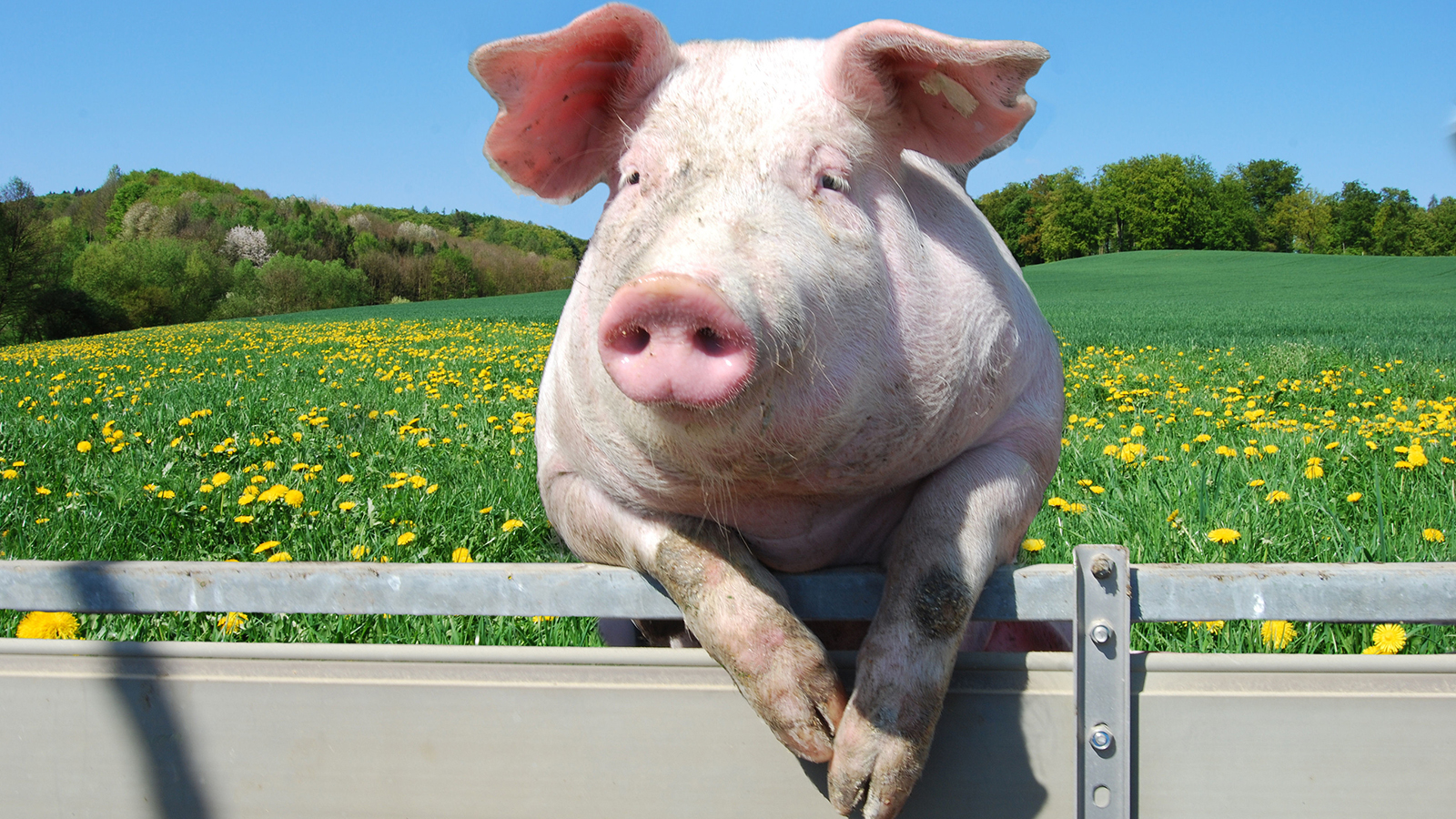


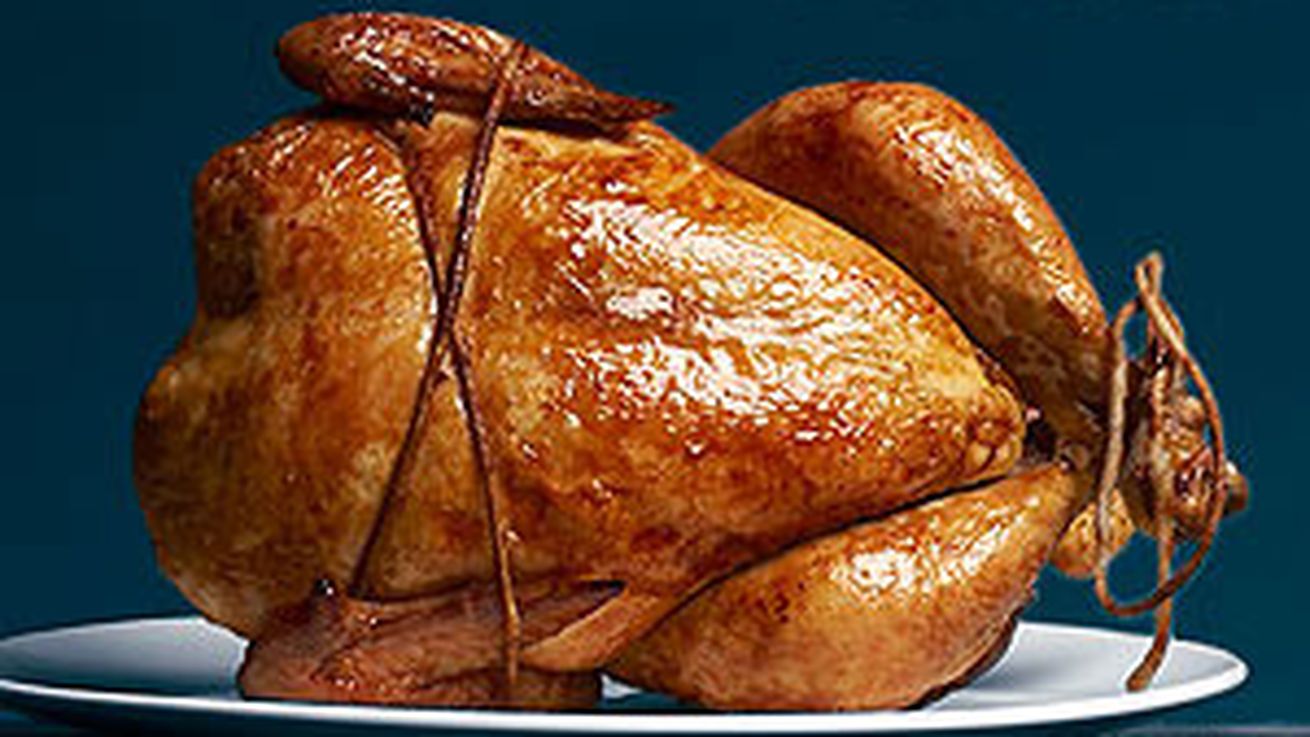


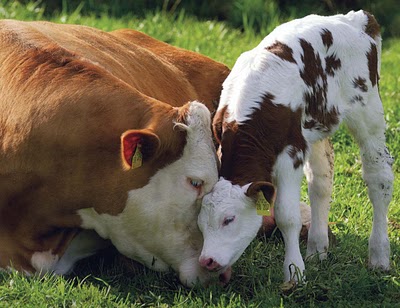
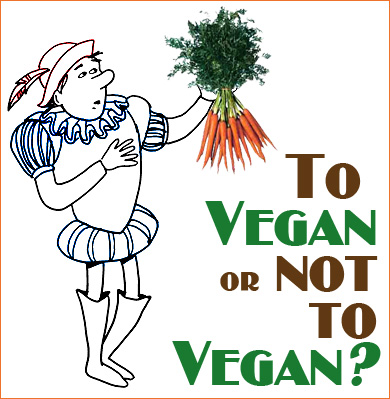
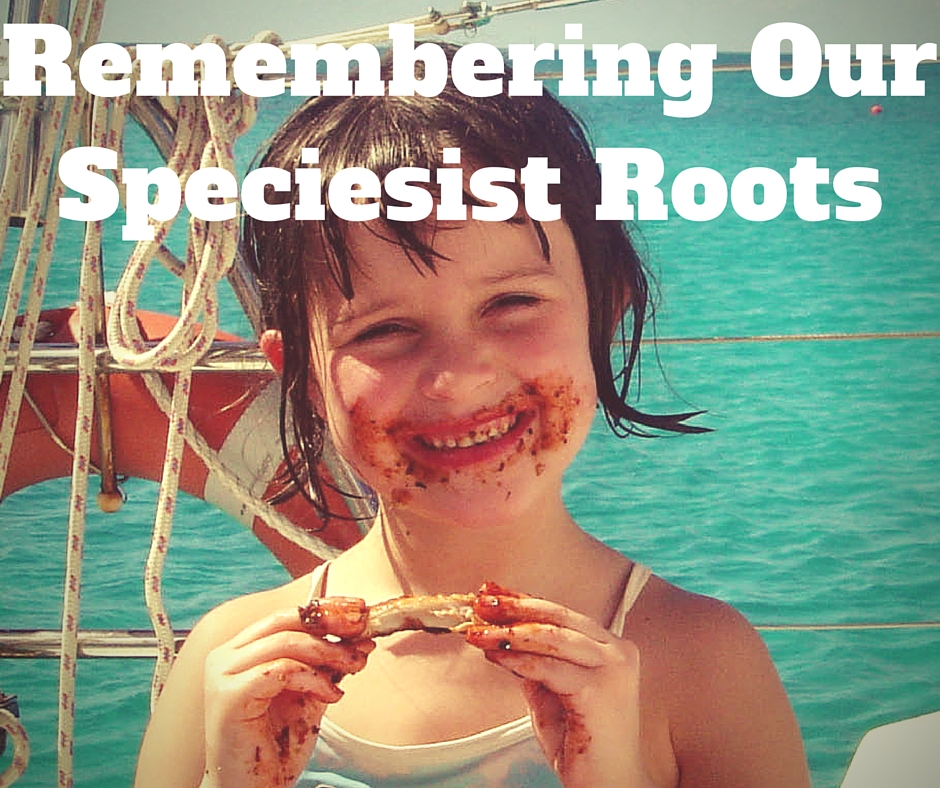
![“Walter [the hunter who is also a dentist] says he killed Cecil [the lion] because he didn’t know his name… Let’s hope Walter knows his patients’ names.”](https://veganfeministnetwork.com/wp-content/uploads/2015/09/DXE-Cecil.jpg)


